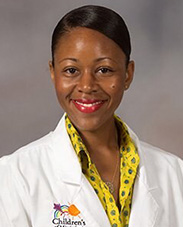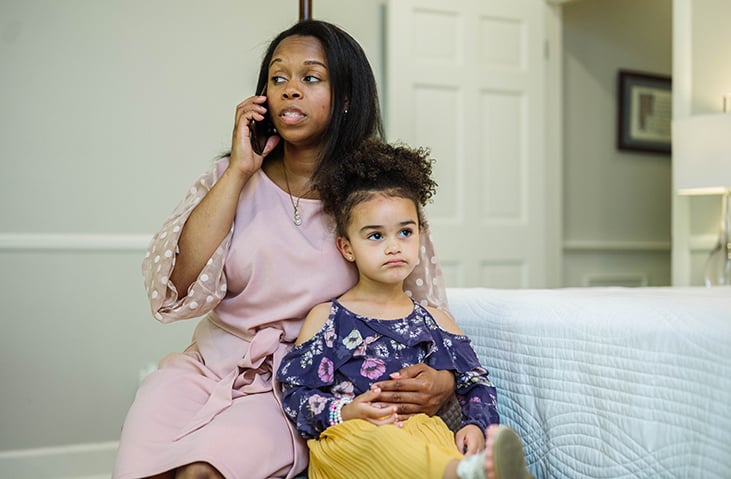



Summary
For most children, RSV causes a few days of fever, runny nose and cough. But for others, it can be life-threatening.
Nearly all children will be exposed to Respiratory Syncytial Virus (RSV) during their first 24 months of life. For most, it causes a few days of fever, runny nose and cough. But for premature babies and other vulnerable children, it can be life-threatening.
RSV is seasonal – usually running from mid-October to mid-May and peaking between late January and early February.
Symptoms
In addition to fever, runny nose and cough, RSV can cause labored breathing as it invades the upper respiratory system.
About 30% of patients will have lower respiratory tract symptoms, including faster breathing, difficulty breathing and maybe even chest pain.
RSV can also affect other areas outside of the respiratory tract. Some patients present with just vomiting and diarrhea. They can have red eyes or middle ear infections.
Premature infants with RSV may not have any fever or typical respiratory symptoms. Instead, they may be irritable, show a decrease in activity or appetite and/or have apnea – where the body forgets to breathe.
Who is at Risk?
Some children are more likely to get RSV:
- Children who attend day care or have siblings who attend day care
- Children who attend school
- Children who live in crowded areas, especially at home or in shelters
- Children who are exposed to cigarette smoke
Concerns
For most children, RSV does not require hospitalization. But RSV can be especially troubling for certain children:
- Premature babies
- Babies who are born small for their gestational age
- Babies who are exposed to cigarette smoke
- Babies with congenital heart or lung disease, asthma, sickle cell disease, cystic fibrosis or other autoimmune disorders
Spread
RSV is typically spread by contact– the child touches a doorknob, handrail or supermarket cart and then touches his or her face. The virus enters the child’s nose or mouth and then replicates and spreads cell by cell into the lower respiratory tract. Less commonly, RSV can spread by respiratory droplets from an infected person.
Treatment
While there are no specific medications to treat RSV, we can treat the symptoms. Antibiotics are not useful unless a secondary infection develops. Children with RSV need extra fluids, rest and medications to manage symptoms like fever.
In the hospital, treatment usually includes IV fluids, supplemental oxygen and time for their lungs to heal. A very small percentage of RSV patients will go into acute respiratory failure and require a ventilator to breathe.
What If?
If you suspect your child has RSV, see your child’s doctor. RSV can be diagnosed with a nasal swab test in the doctor’s office. It’s quick and accurate. If your child tests positive for RSV, please keep your child at home for as long as he or she has symptoms. Symptoms usually last three to eight days, and during that time, your child is considered infectious.


Lisa-Gaye Thomas-Messado, MD
Pediatric Intensivist
Lisa-Gaye Thomas-Messado, MD, is a pediatric critical care physician, hospitalist and medical director for pediatric services at North Mississippi Medical Center in Tupelo and an assistant professor of pediatrics-critical care at the University of Mississippi School of Medicine in Jackson. She is a graduate of the University of the West Indies School of Medicine. Dr. Thomas-Messado completed residency training at Wayne State University in Michigan and a fellowship in pediatric critical care at the University of Miami’s Jackson Memorial Hospital.
Parents do everything they can to help their children stay well and happy. At North Mississippi Health Services, so do we.

Subscribe to Our Newsletter
Like this content and want to get more? Sign up for True North, the health and wellness newsletter from North Mississippi Health Services!

Subscribe to Our Newsletter
Like this content and want to get more? Sign up for True North, the health and wellness newsletter from North Mississippi Health Services!

Nurse Link®
Not sure if you need Urgent Care or the ER? Call 1-800-882-6274 anytime to speak directly to a registered nurse and get immediate answers. Using computerized medical protocols, nurses direct callers to the most appropriate treatment. Our nurses are available 24 hours per day, seven days per week.